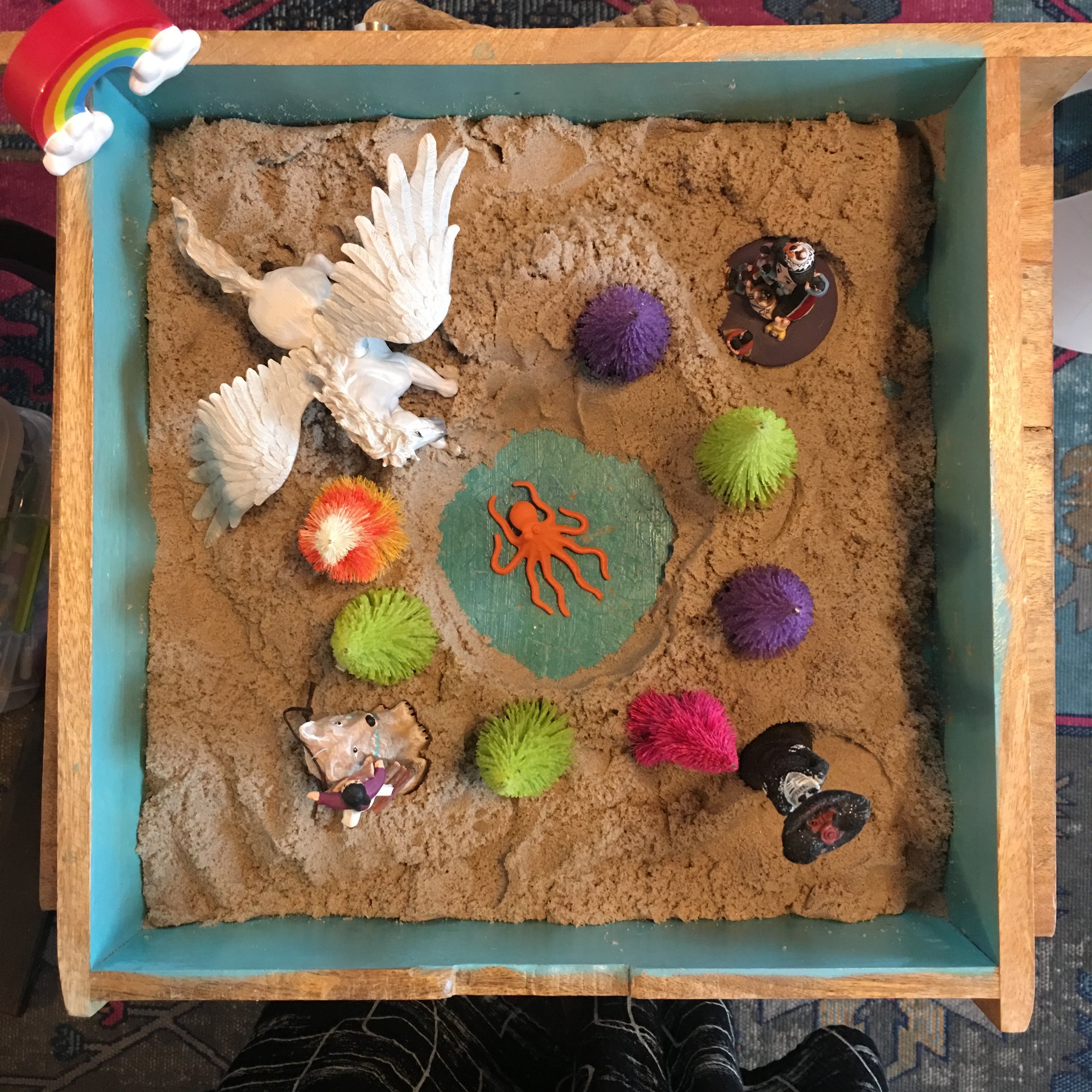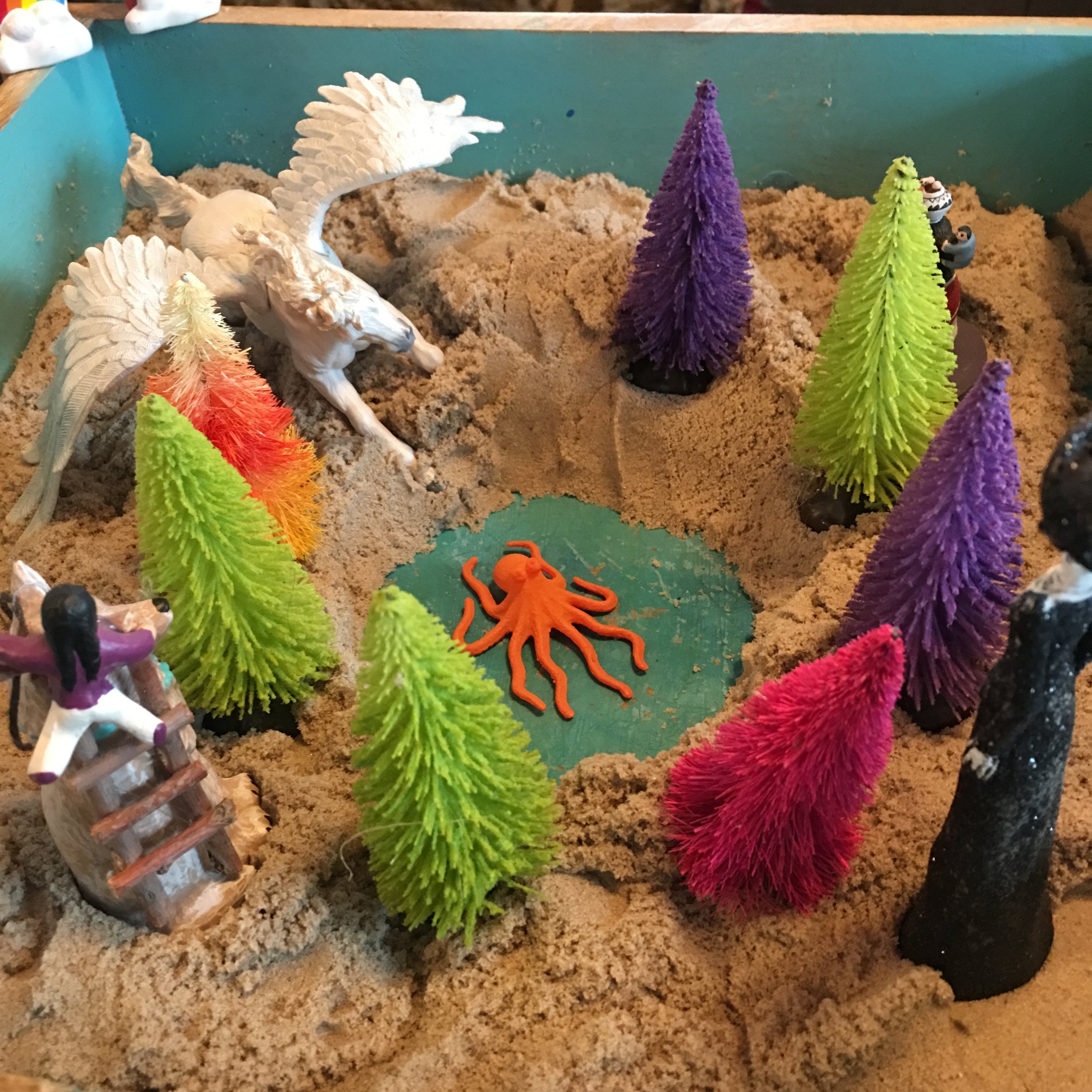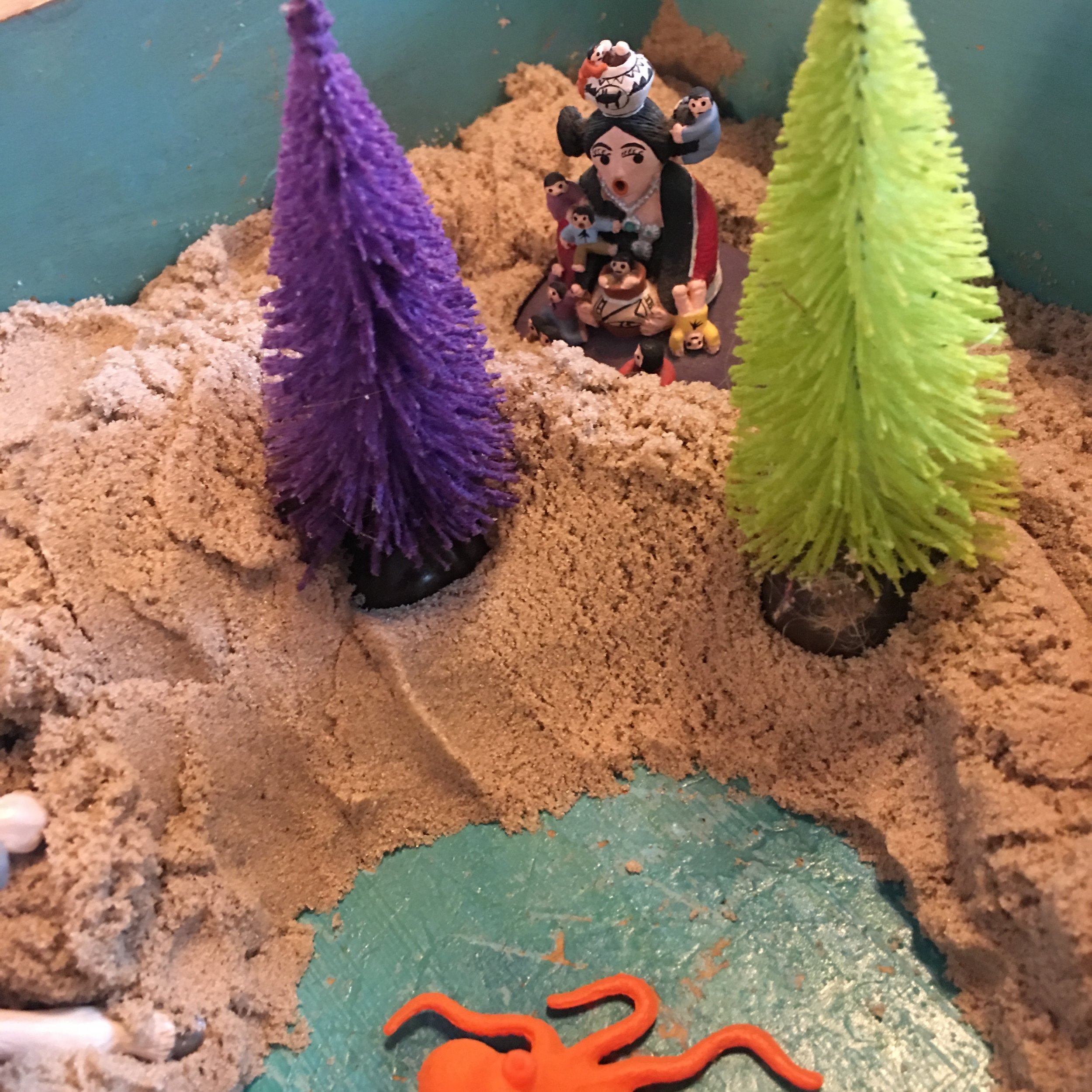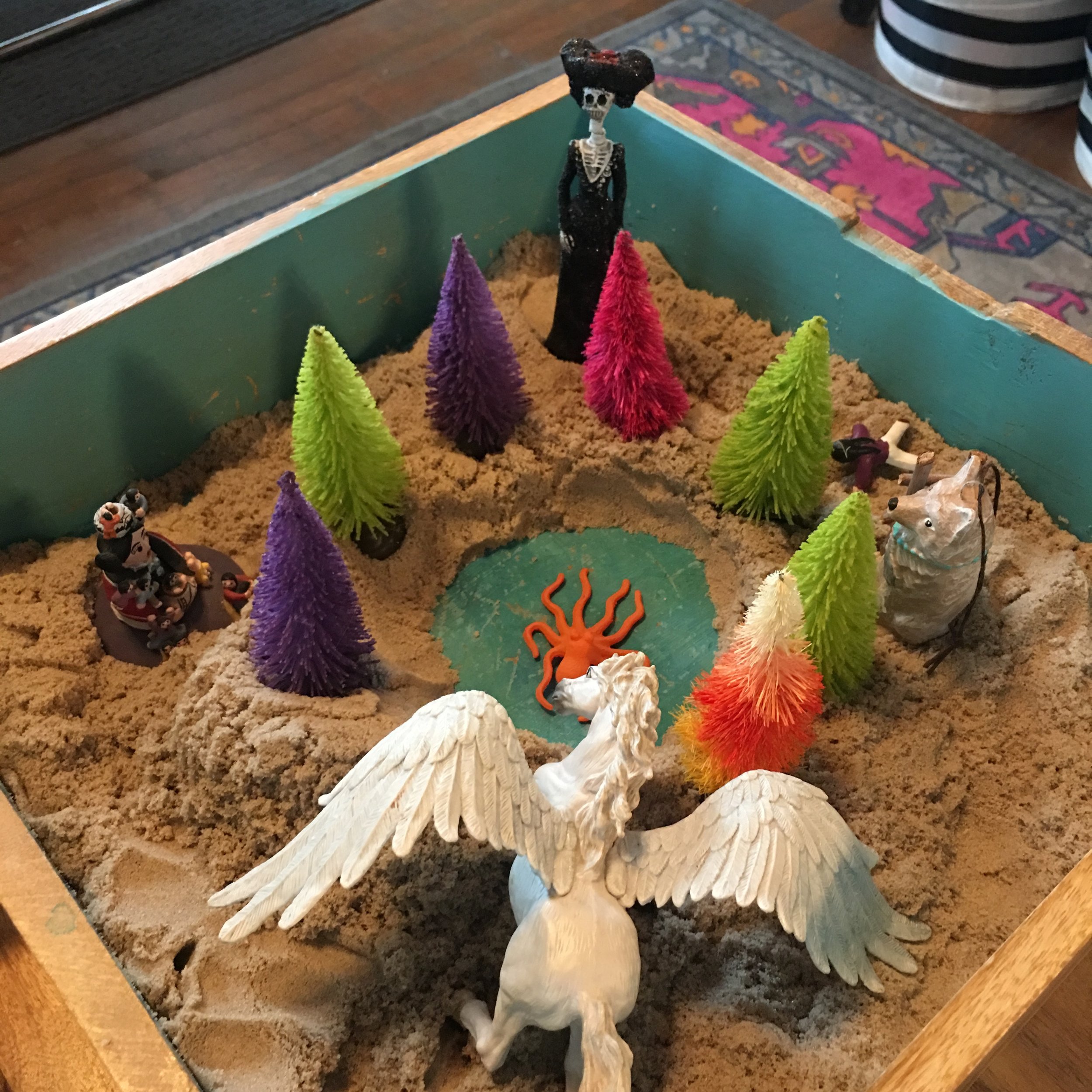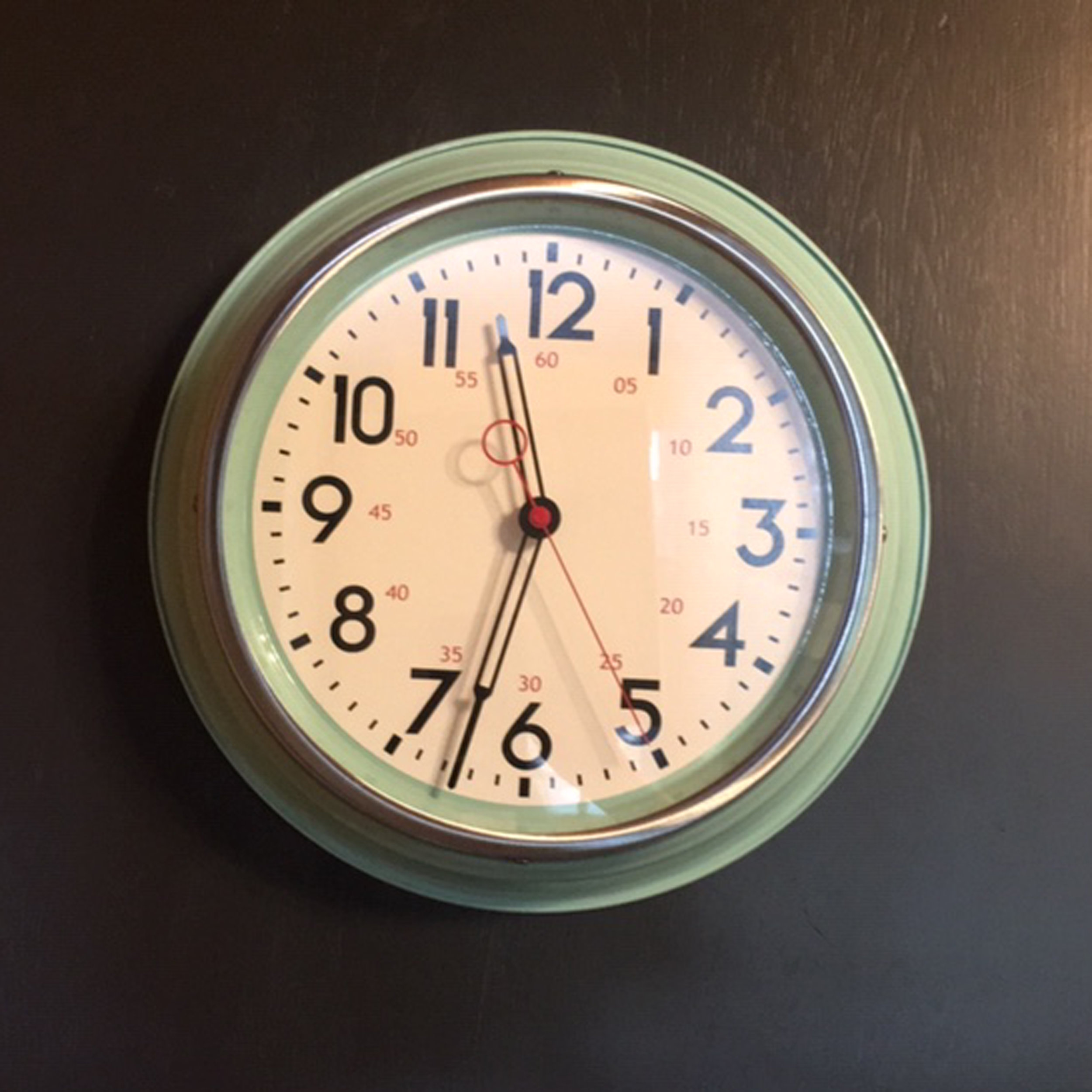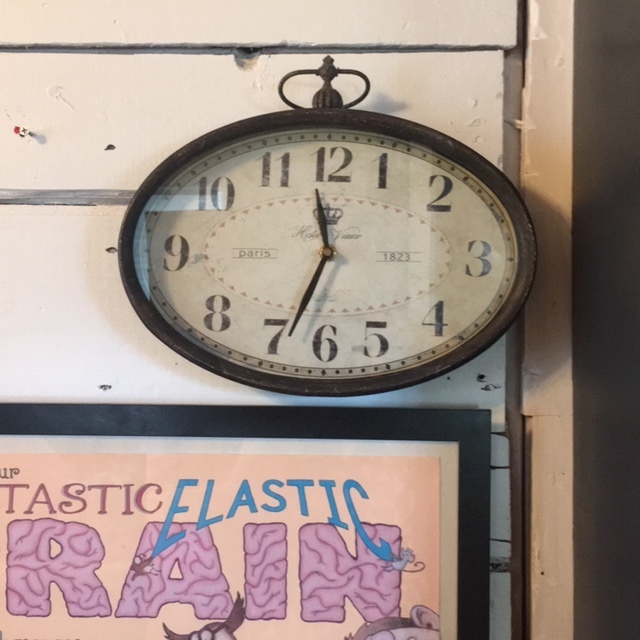Radical Acceptance is a distress tolerance skill taught by Marsha Linehan as part of Dialectical Behavior Therapy. I can still remember the first time I was taught about radical acceptance. I didn’t like it. I couldn’t get over the idea that accepting things would help anyone who was suffering. I couldn’t help but see problems when applied to issues of social injustice and disparity. I was someone who would scream from the rooftops if something felt unfair or problematic. It took a minute for me to understand that wasn’t what was meant by radical acceptance. It isn’t about accepting some horrific fate or complete injustice. In a recent video with Ms. Linehan, she talks about how you can do lots of things to possibly change your future, but there isn’t a lot that can be done to change the past or sometimes even the moment we are in.
In fact, sometimes it is necessary for us to understand and accept the reality of a situation in order for us to do the necessary actions to change it. This reminds me of the Transtheoretical Model of Change. It is the model that clinicians often use when talking about drug addiction. In the pre-contemplation stage, the individual does not view their use as a problem. During this period, there is very little actual possibility of change. The next state is the Contemplation stage, where the individual begins to recognize that their behavior has negative consequences in their life. It is at this state that change becomes possible. At this stage, they are accepting what is and are ready to take steps necessary to plan for a future without addiction.
I have been thinking a lot about radical acceptance as we move through the current pandemic. Like most everyone, I have no idea how long life will look the way it does currently. As someone high risk, I also know that it is even more important that I accept the reality that I am in, so as not to take unnecessary risks that put my family or myself in jeopardy. And it’s not my favorite thing. My children are bored. My beautiful office space stays empty. No vacations or thrift shopping. My eyes get tired from staring at screens. It’s a lot.
Radical acceptance isn’t something you do once and then forget it. It is a choice you have to make over and over again. I remember in 2012 when I was diagnosed with cancer. It isn’t an easy thing to accept, being a young woman with cancer. The “Why me” dialogues were all about willfulness. I will not accept this reality. It isn’t fair. Then, like many cancer patients, there is a moment where you look at yourself in the mirror and say, “Why not me.” This was the beginning of my journey of radical acceptance. This has happened. No amount of stomping my feet and yelling at the clouds was going to change my diagnosis. The only thing that would change anything, was my acceptance and willingness to embark upon treatment. I would have to remind myself of that conversation a million times throughout treatment. Luckily, I had a good outcome. And I recognize that not everyone does. More radical acceptance.
One thing that helps me with radical acceptance is to understand that even though life is hard, there is still so much worth living for; The extra time I have with my family, the snuggles while watching Avatar the Last Airbender with my son, the not wearing any shoes for days at a time, not having a morning or afternoon commute, eating lunch with my partner every afternoon. We will get through this - and hopefully we can do lots of things to stay healthy both physically and emotionally.
Ps. The image is of a Japanese Yokai named Amabie. Artists across the world are drawing her image as a way of protecting each other from the pandemic. I figure it couldn’t hurt. Click here to find out more about her story.







